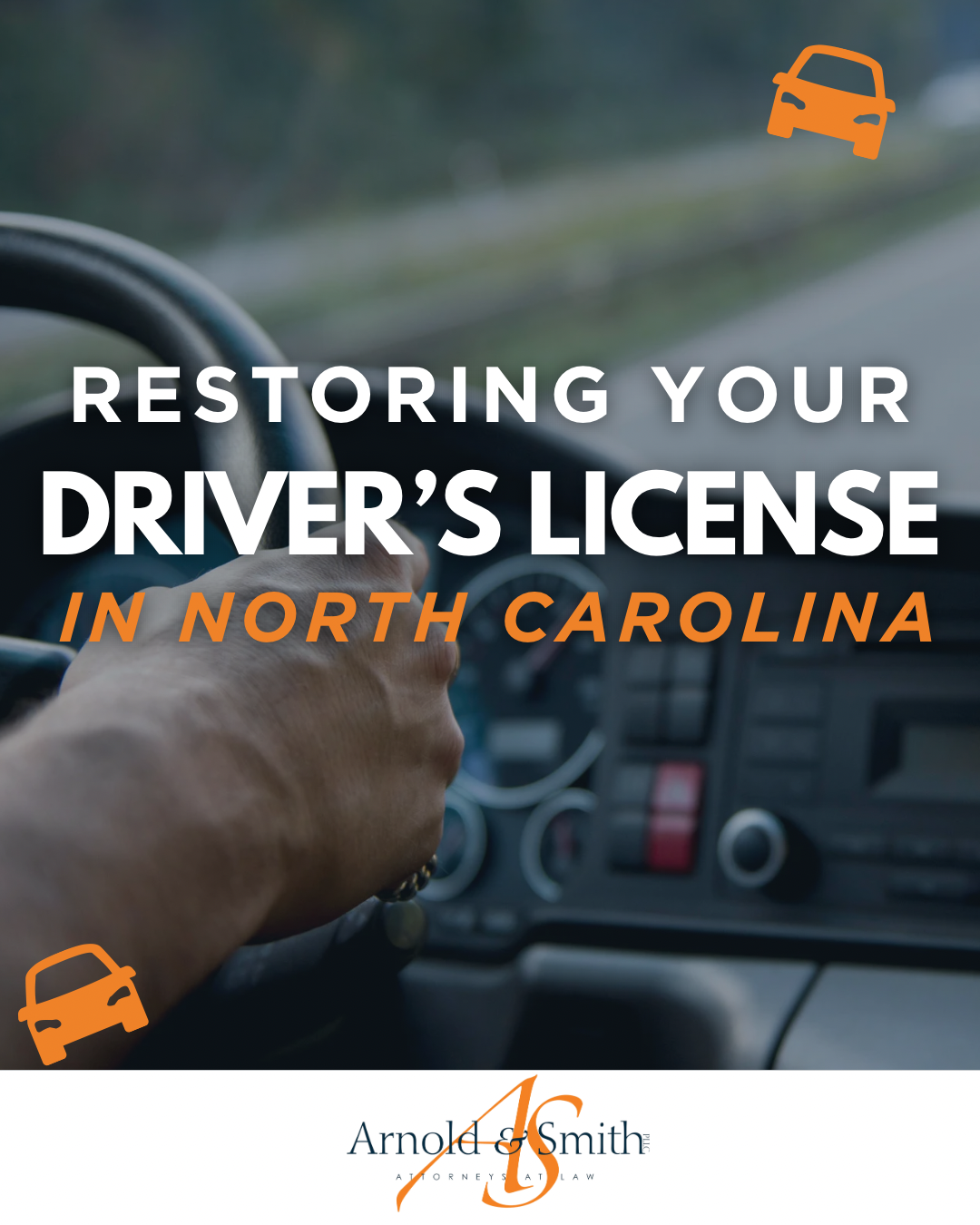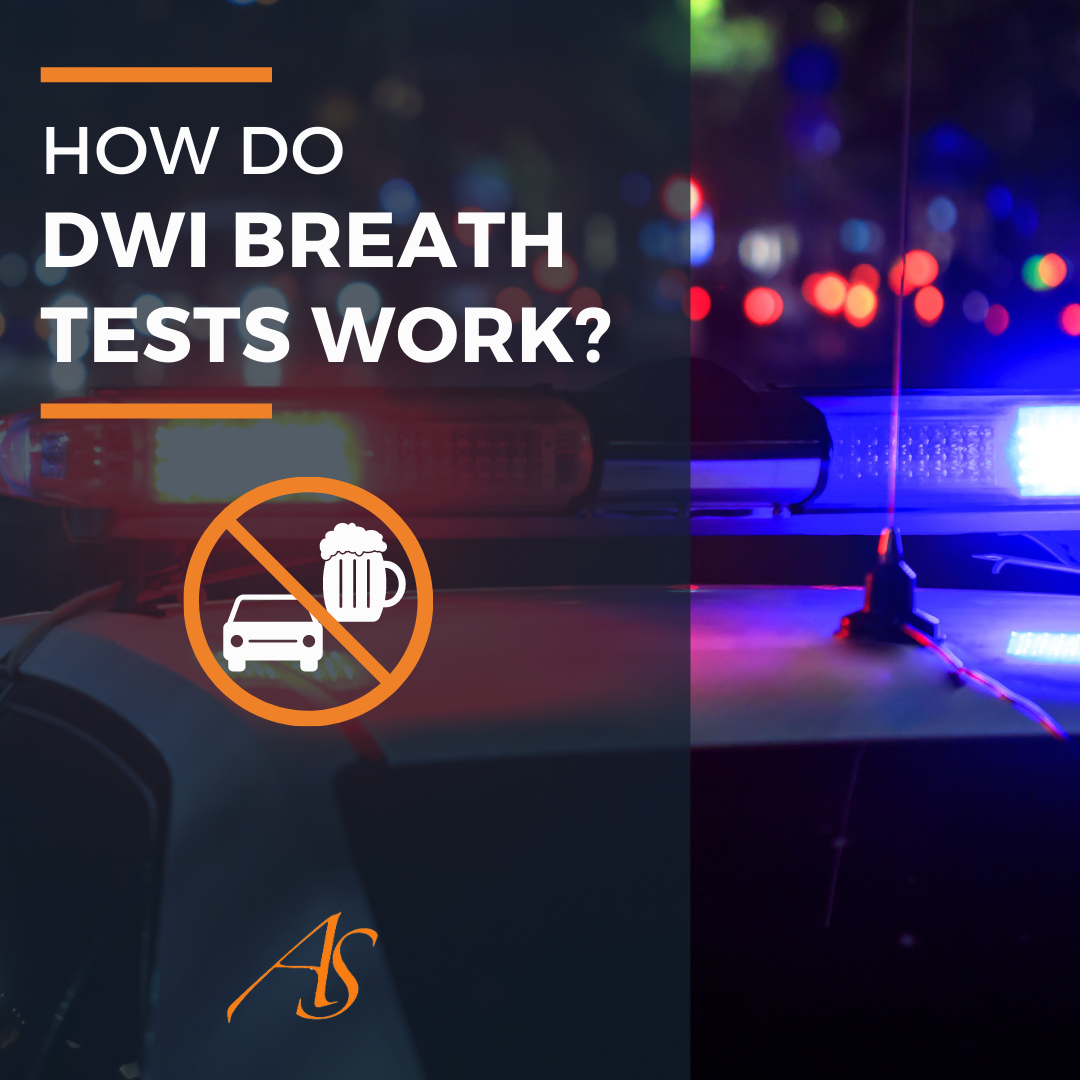 When Can the Police Seize My Vehicle in North Carolina?
When Can the Police Seize My Vehicle in North Carolina?
Traffic stops happen on a daily basis and most drivers will get stopped at least once or twice during their lifetimes. While most traffic stops happen without incident, there are times when complications arise. In some cases, the police actually seize a vehicle as the result of criminal activity associated with the driver or owner. Many people wonder under what circumstances can the police take a vehicle?
https://youtu.be/sa5OZfKkLUM?si=fec86zsxDB0ty5RO
 Charlotte Criminal Lawyer Blog
Charlotte Criminal Lawyer Blog








